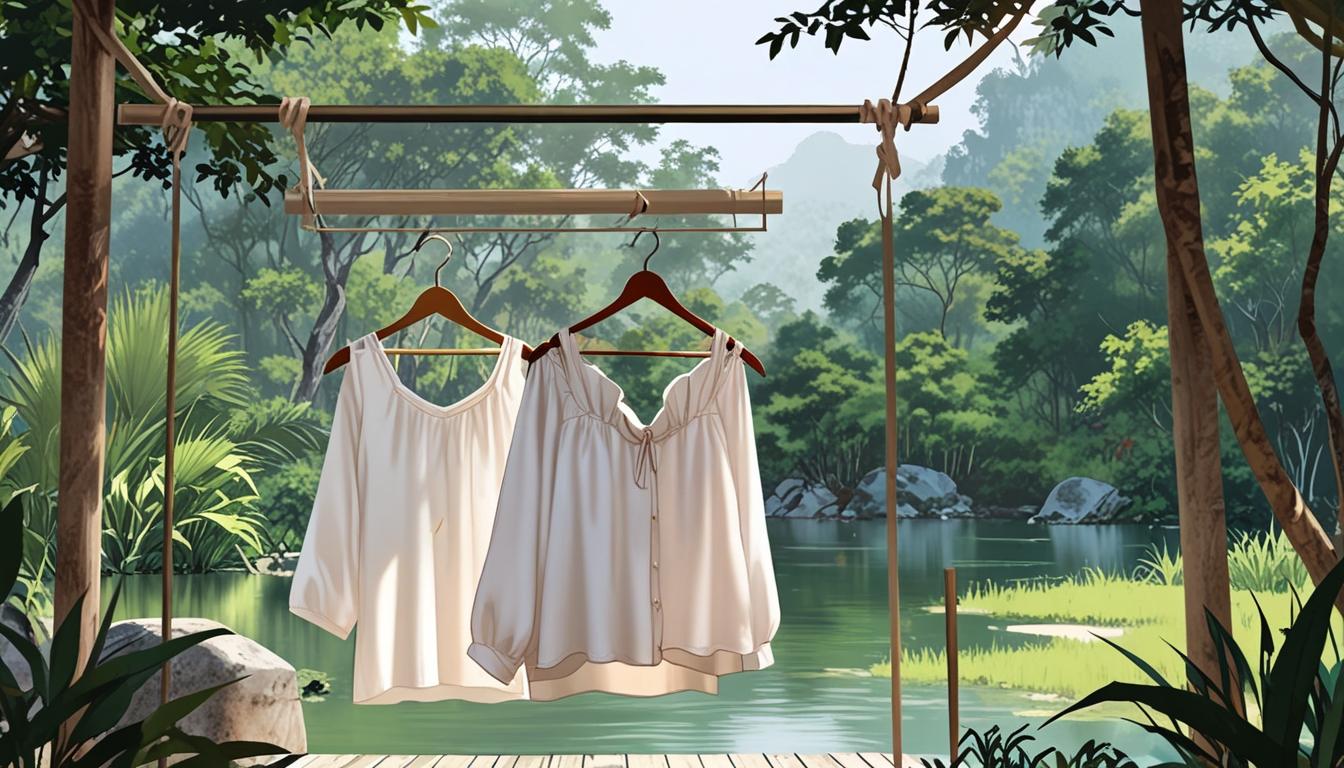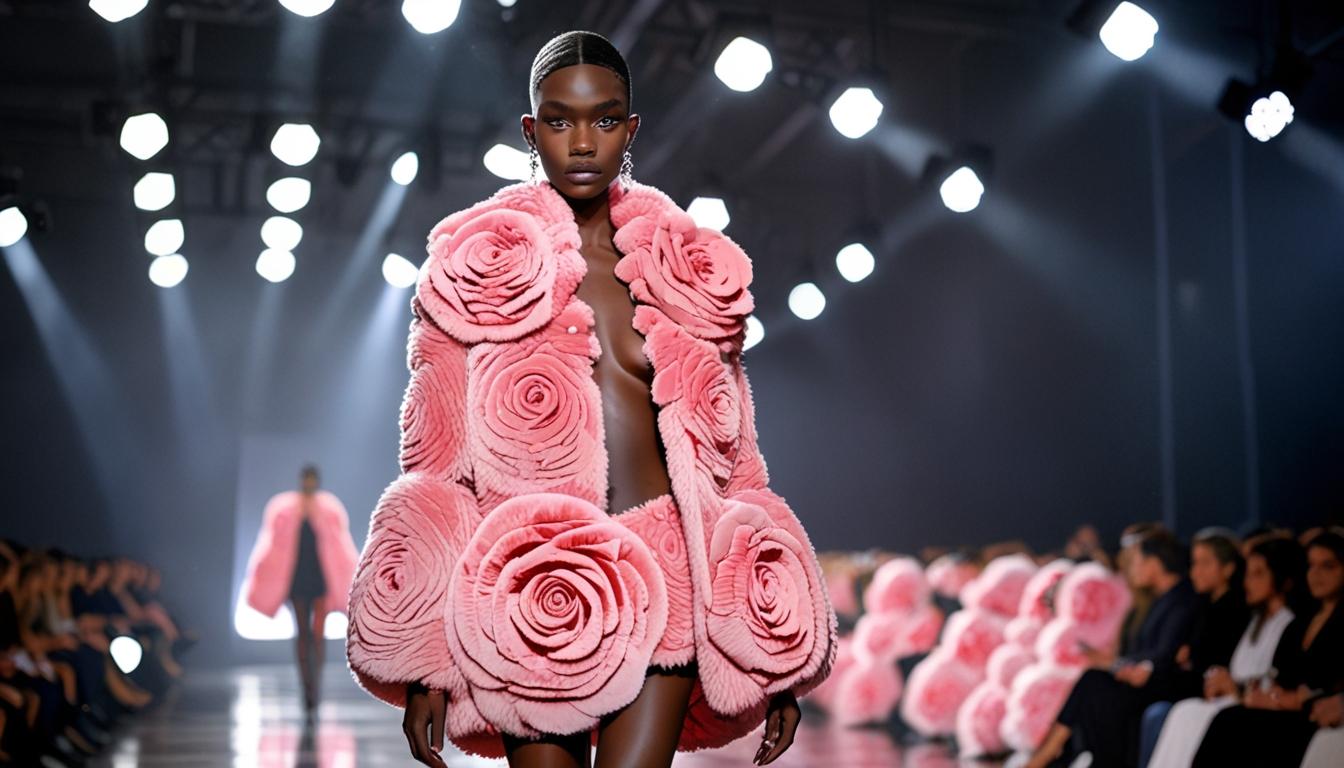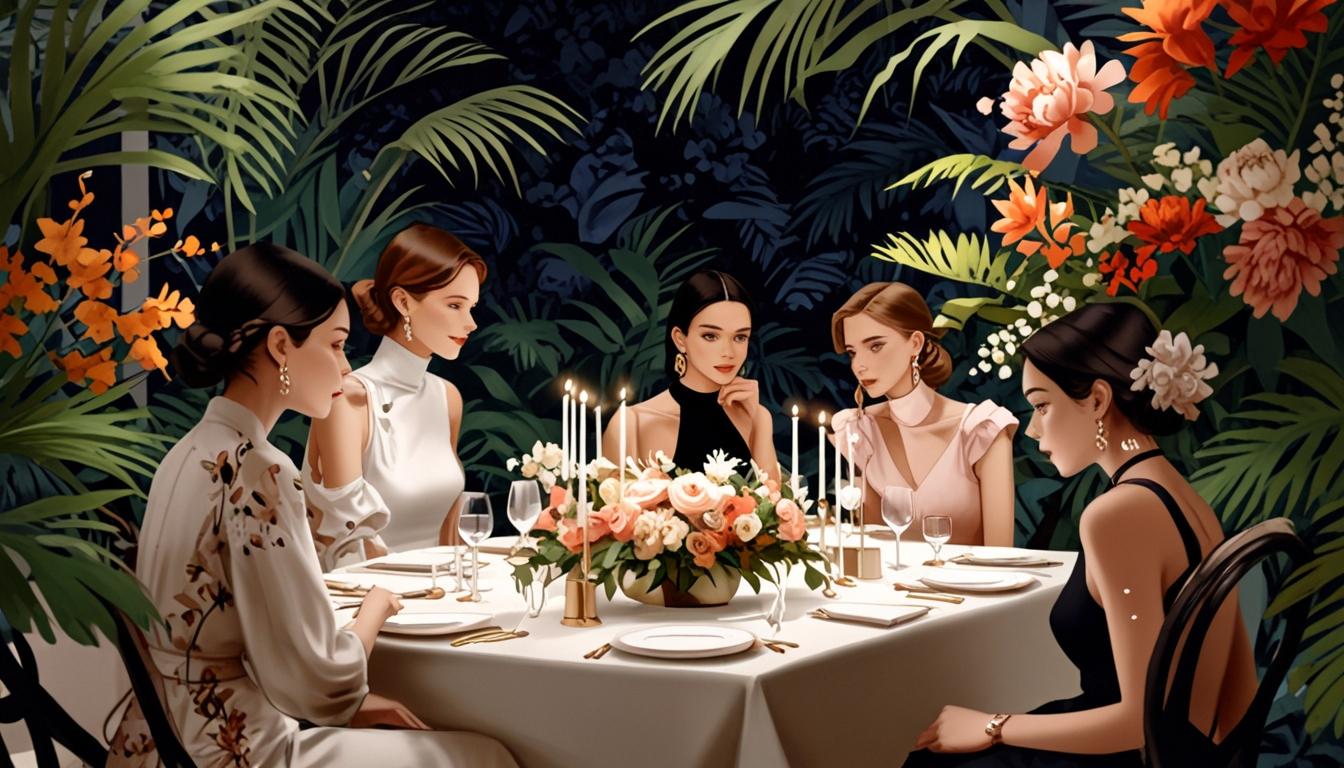As global interest in minimalism grows, Vietnamese designers adapt their brands to focus on sustainability and quality over quantity.
The minimalist lifestyle has surged in popularity globally over the past several years, and this trend is now finding its footing in Vietnam. Influential texts such as “A Book on Minimalism” by Chi Nguy?n, “The Minimalist Lifestyle of the Japanese” by Sasaki Fumio, and “The Art of Pursuing Minimalism” by Greg McKeown have contributed to this burgeoning interest in minimalism, particularly in minimalist fashion.
Dung Tô, a key figure in the Vietnamese fashion industry and the founder of the brand Eva De Eva, has witnessed this shift firsthand. He described how current societal and environmental factors—such as economic downturns, climate change, and technological advancements—have transformed consumer preferences. “As society increasingly focuses on sustainability and environmental responsibility,” Tô explained, “minimalism is not just a trend but also a manifestation of a conscious lifestyle.” This insight underscores the growing awareness among consumers who are moving away from fast fashion towards more sustainable and durable clothing options.
In 2020, Tr?n Ph??ng ?ông launched the White Chic brand with an initial focus on creating elegantly designed clothing rich in creativity. By 2024, the brand transitioned to embrace minimalist aesthetics with its Rebirth collection, prioritizing high-quality materials and practical designs aimed at longevity. “Over time, I realized that luxury does not necessarily have to be expressed through elaborate designs,” ?ông stated, emphasizing that minimalist fashion highlights the essence of beauty in its simplicity. The brand’s commitment to sustainability is evident through initiatives like tree planting, donating plants, and recycling old garments.
Ph?m Thái Khang, another proponent of minimalist fashion, founded the men’s brand MEnimal, inspired by his personal style. Khang highlights the importance of simplification in design, stating, “Fashion is expressed through two prominent characteristics: the simplification of unnecessary details to achieve the core of simplicity and breaking free from traditional concepts of beauty, gender, or age.” MEnimal focuses on creating a sustainable wardrobe for men, featuring neutral tones and minimal accessories, which aligns with the minimalist ethos.
Tô points out that minimalist fashion transcends basic simplicity; it embodies the principle of optimization—prioritizing quality over quantity. This philosophy reflects a broader human aspiration towards sustainability and a refined lifestyle. The growing array of brands in Vietnam adopting minimalist principles raises questions about competition and market growth within this niche. Tô asserts that a brand’s competitive advantage should come from a unique story rather than merely following trends. Effective marketing strategies and a deep understanding of specific customer segments will be crucial for brands aiming to carve out their identity in this evolving market.
Looking ahead, the growth forecast for the Vietnamese fashion market appears promising. According to research by BMI, the sector is projected to expand at an annual rate of approximately 15-20% from 2023 to 2025, largely driven by a burgeoning middle class and increasing consumption patterns among younger demographics. Additionally, a survey conducted by Nielsen suggests that 73% of Vietnamese consumers are willing to invest more in sustainable fashion. These trends signal a substantial opportunity for domestic brands to further develop minimalist and environmentally friendly product lines, which could potentially reshape the future of fashion in the country.
Source: Noah Wire Services




